After the previous round of negotiations in Brussels (Belgium), both sides were very optimistic and full of hope that this round of negotiations in Osaka would successfully conclude the five-year negotiation process on the free trade agreement between the EU and Australia.
The two sides only had a slight disagreement on the content of opening the EU market for Australian agricultural products. Therefore, the EU was surprised and shocked when Australia suddenly made higher demands while knowing that the EU could not meet them or if a compromise could be reached, it would take more time (because the EU had to unify its views among all members).
Not only that, Australia also unilaterally terminated the negotiation round when it did not receive concessions from the EU. Neither the EU nor the outside world can dismiss the feeling that Australia intentionally changed its demands for the EU in the negotiations to force the EU to make more concessions or to have a reason to unilaterally terminate the Osaka negotiation round.
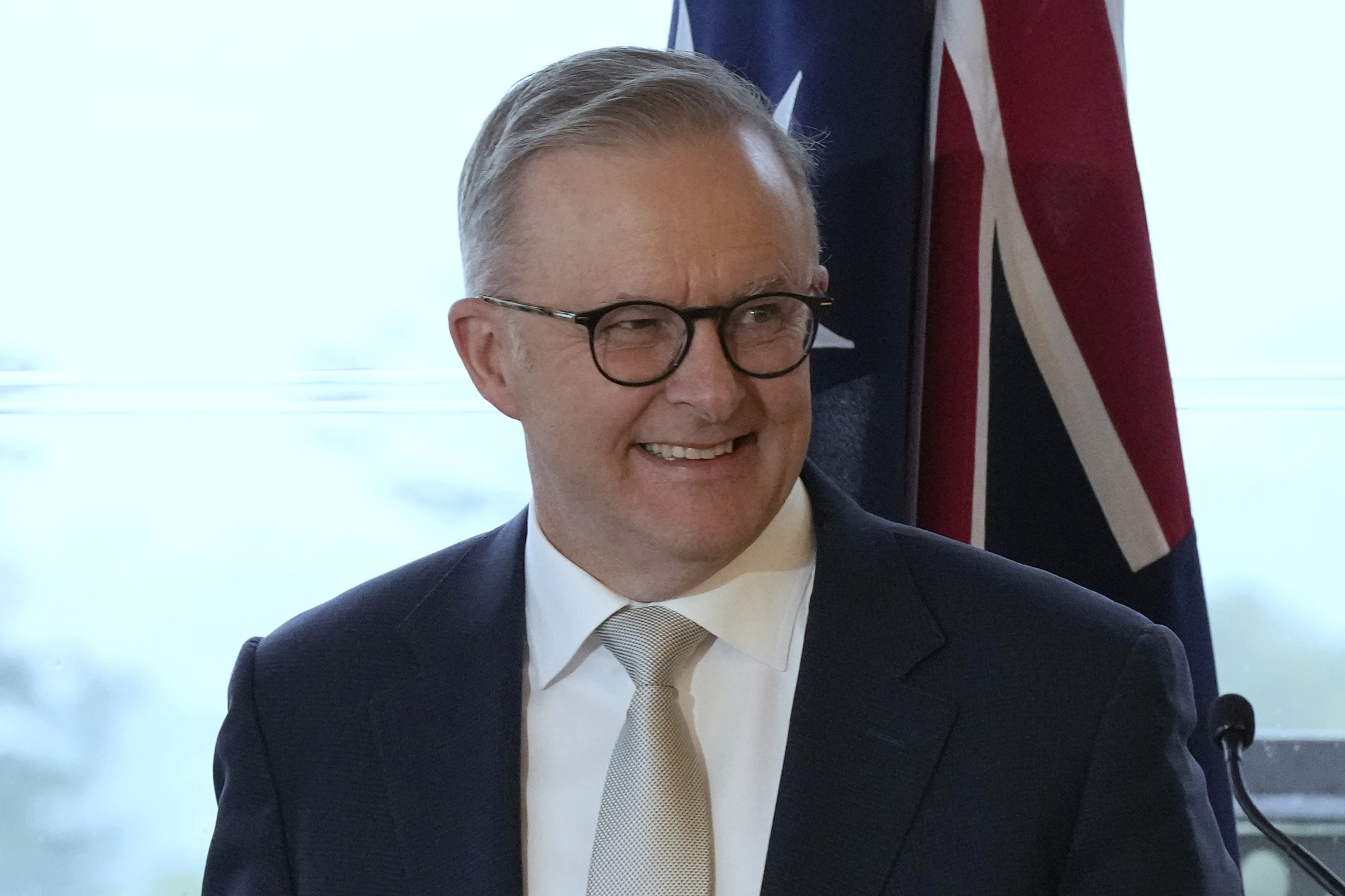
Australian Prime Minister Anthony Albanese
There are two reasons for this from the Australian side. First, the Australian government wants to use the special attention it gives to the agricultural sector, farmers and the agricultural sector to neutralize one of the main cards of the opposition, especially after the government failed in the recent referendum on indigenous people.
Second, the Australian government deliberately avoids making China feel that it is being double-crossed by both promoting normalization and improving relations with China (the Australian Prime Minister recently visited China) and at the same time seeking to escape China by establishing a free trade area with the EU.
Source link









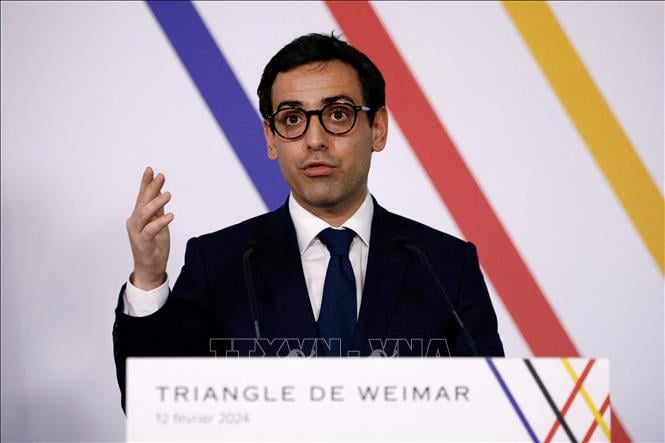







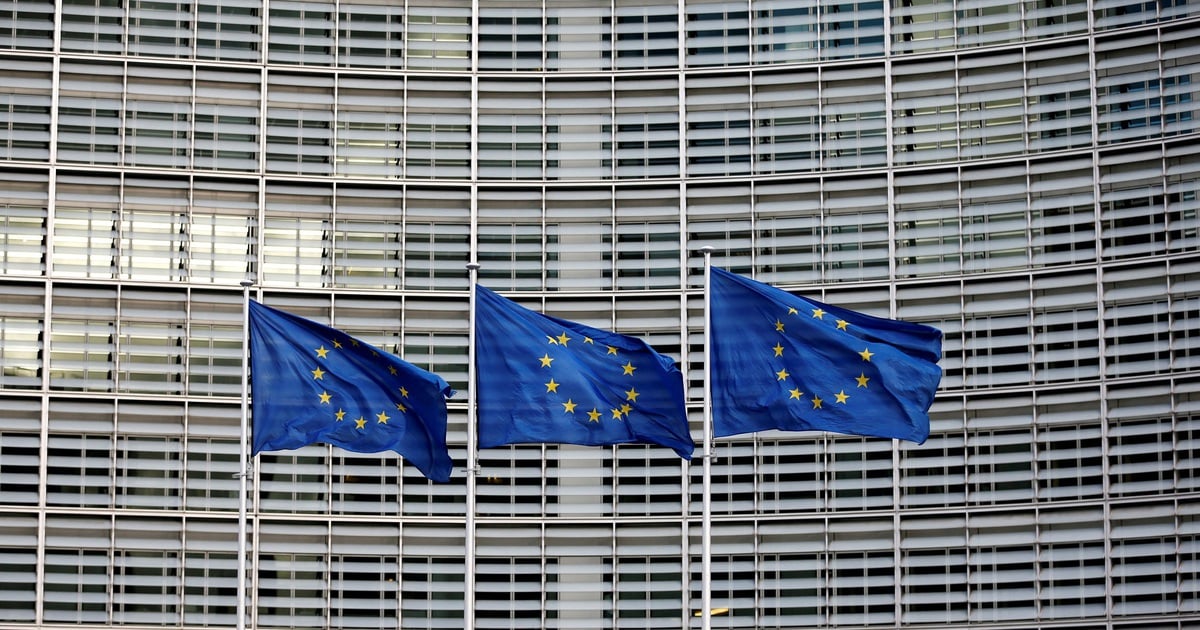


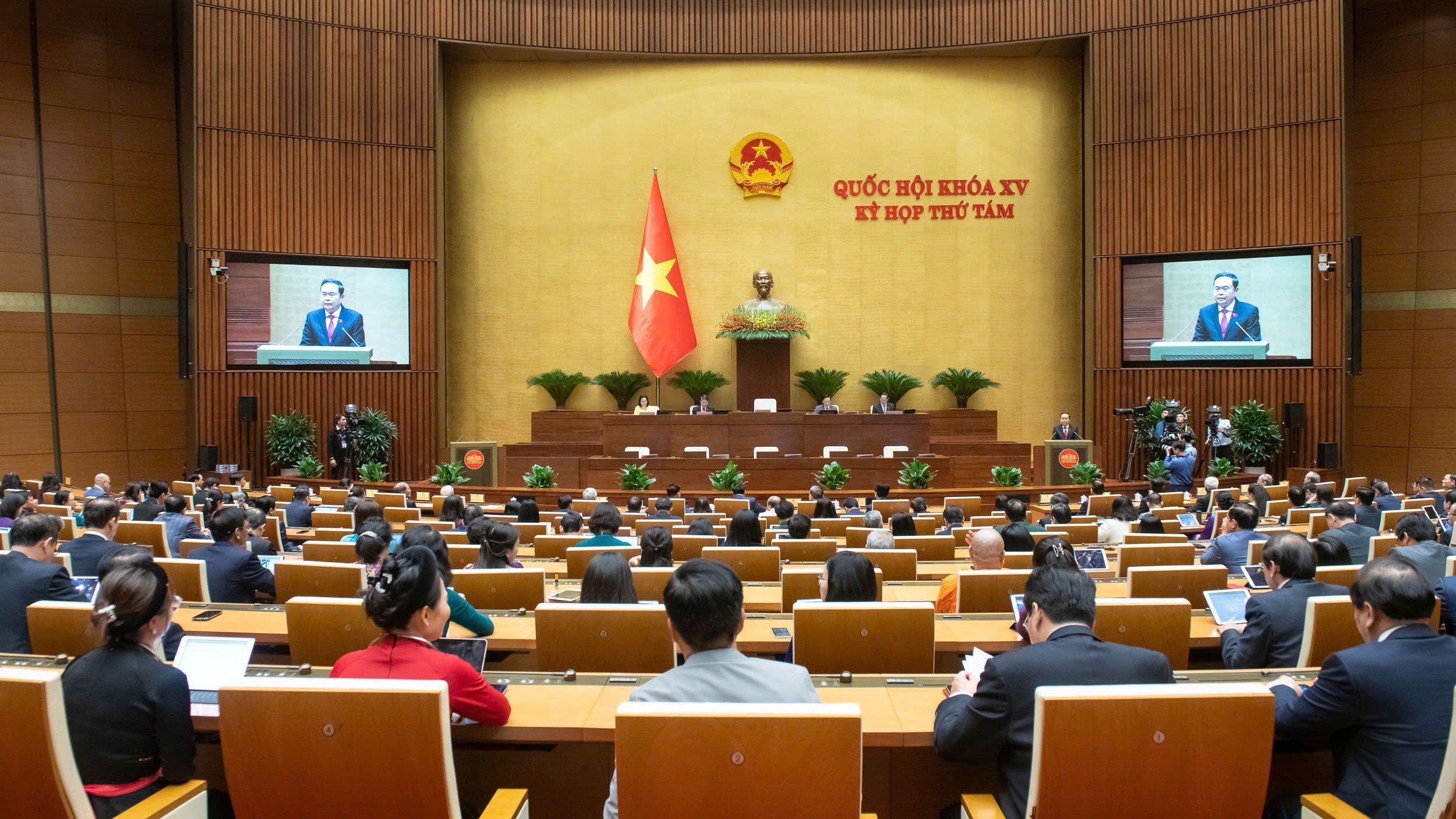

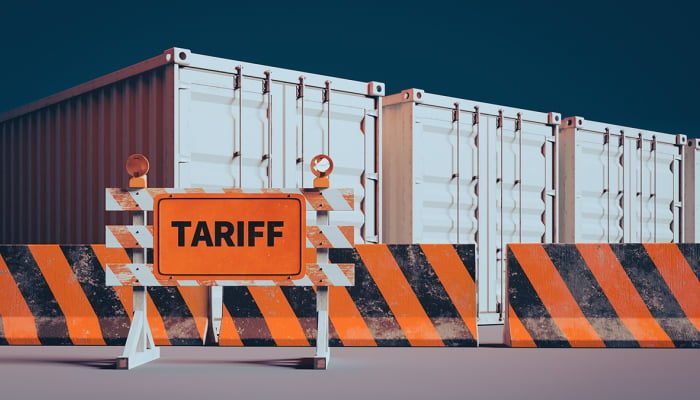










![[Photo] Solemn Hung King's Death Anniversary in France](https://vstatic.vietnam.vn/vietnam/resource/IMAGE/2025/4/6/786a6458bc274de5abe24c2ea3587979)
![[Photo] Vietnamese rescue team shares the loss with people in Myanmar earthquake area](https://vstatic.vietnam.vn/vietnam/resource/IMAGE/2025/4/6/ae4b9ffa12e14861b77db38293ba1c1d)



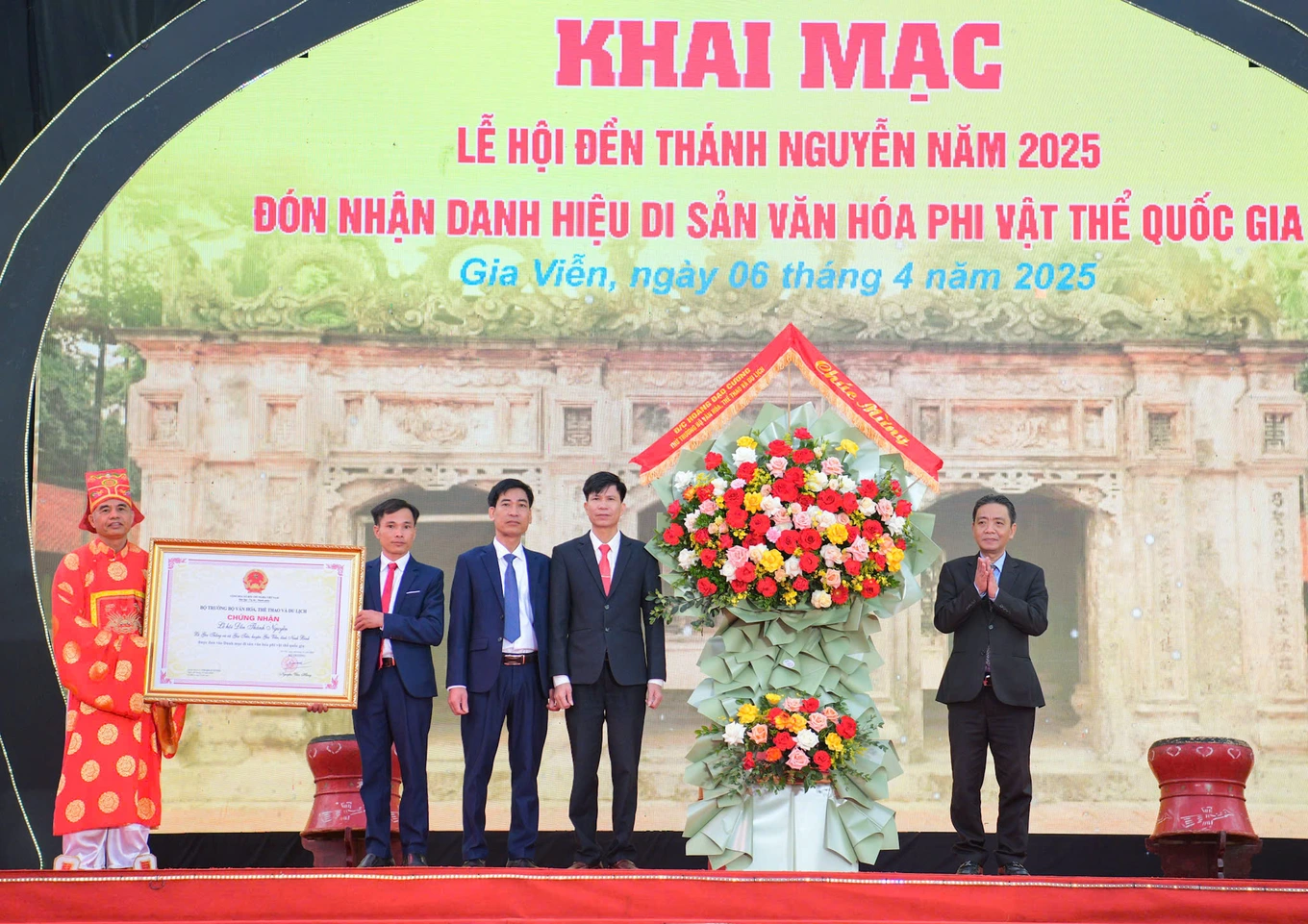











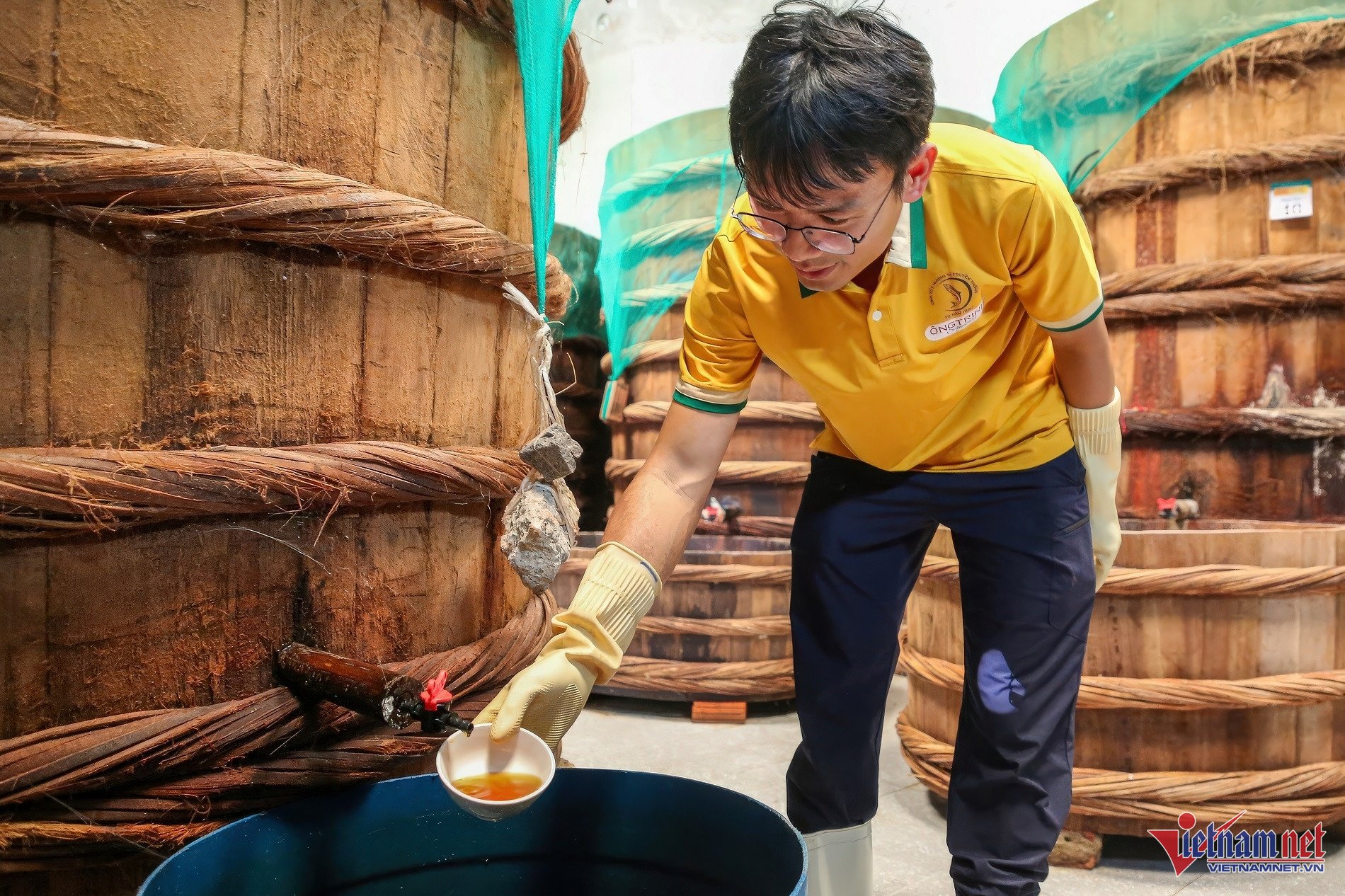










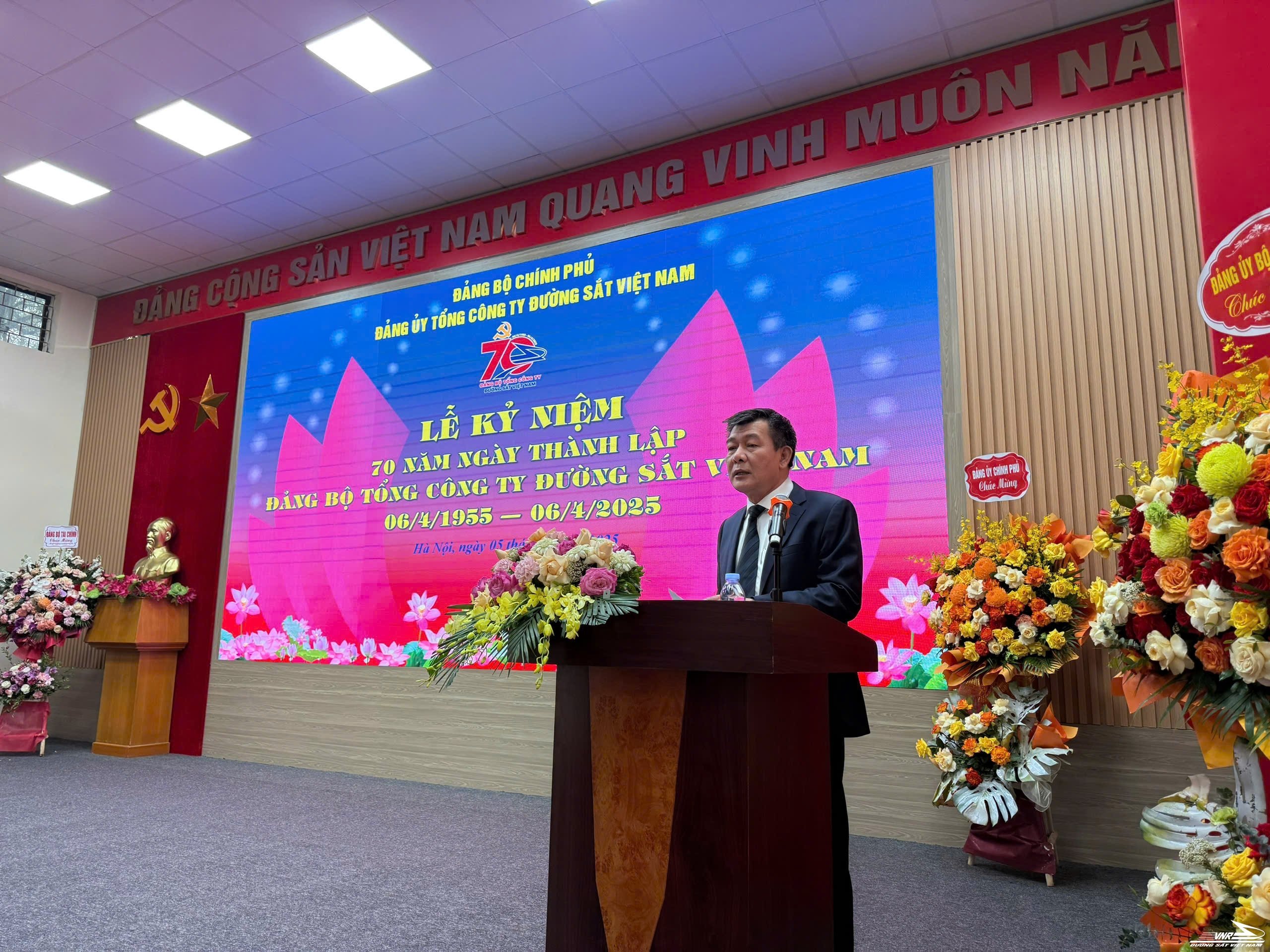


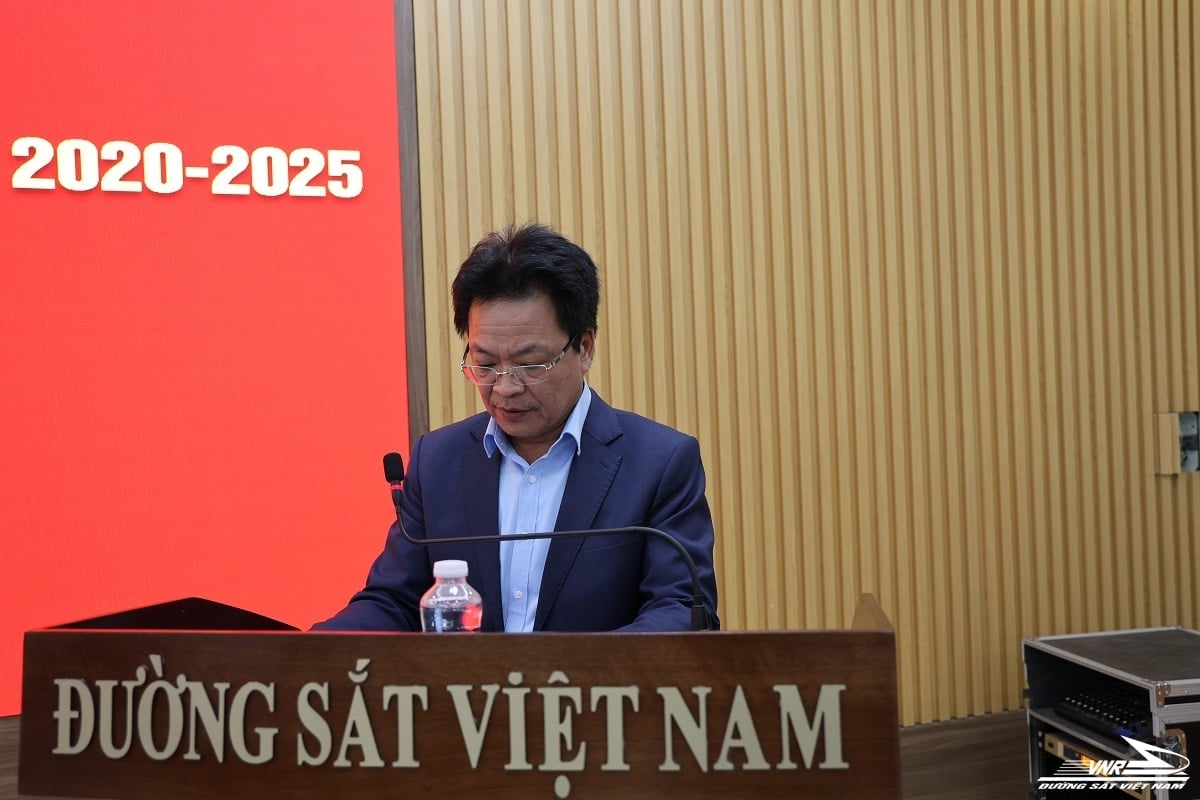

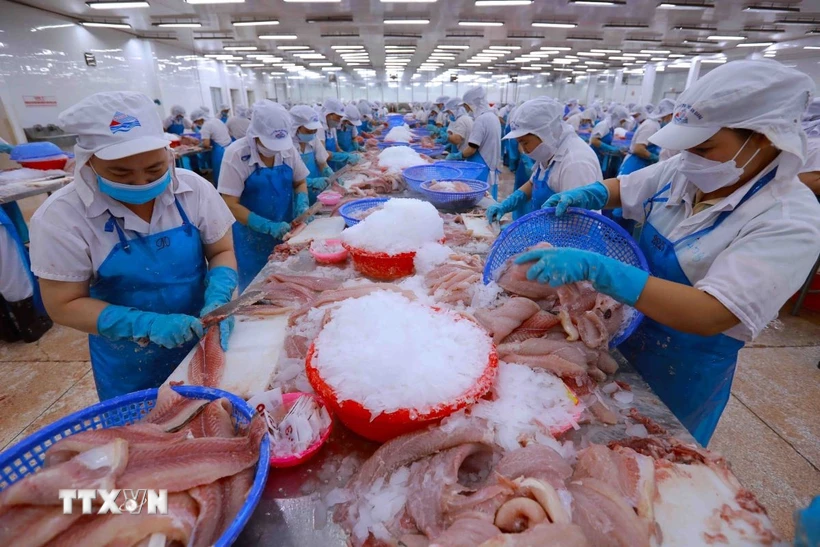

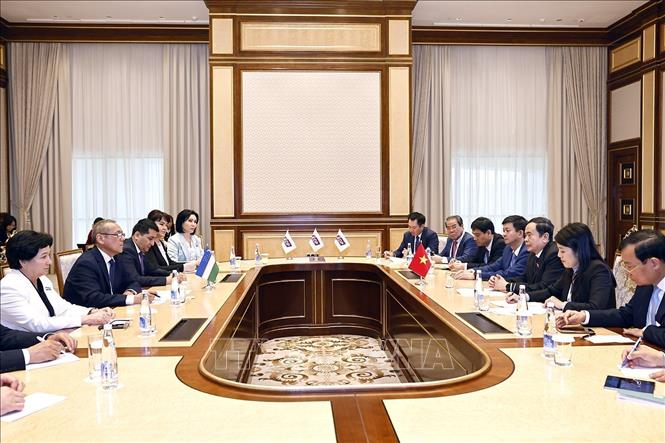























Comment (0)